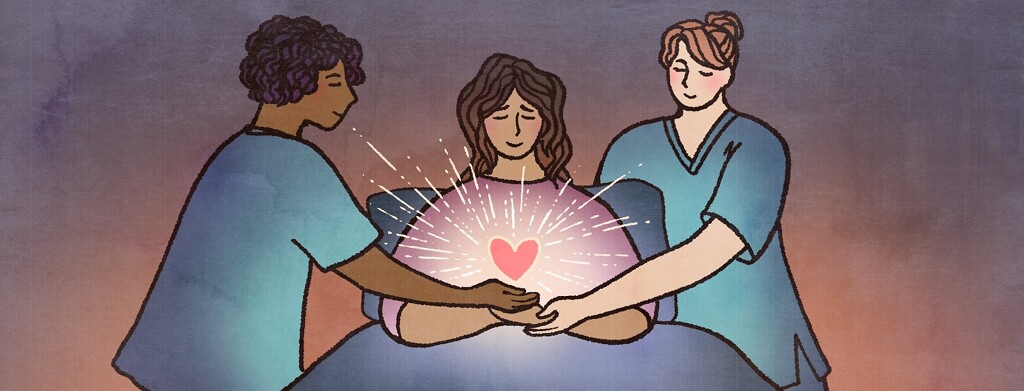Navigating Palliative Care
Editor's Note: This article was originally published on LungCancer.net by Alison Petok, MSW, LCSW, MPH.
In my job as an oncology social worker, I have the privilege of being part of a palliative care team. I find that many people do not really know what palliative care is. When diagnosed with cancer, people have expectations: doctor's appointments, tests, chemotherapy, or radiation. What they often do not expect are the side effects of their medicines. Fatigue, nausea, anxiety, shortness of breath, and pain are often caused by cancer treatment.
Your oncologist can treat your cancer, but what if there were people who could treat the side effects of treatment? Luckily, there are: palliative care providers do just that.
What is palliative care?
To palliate something means to make it better. Palliative care helps to make better the symptoms of serious illnesses like cancer and side effects of treatment. The goal of this care is to improve quality of life for you and your family. Your palliative care provider will ask how you want to live and help you meet your goals.
Palliative care is often provided by a team of doctors, nurses, social workers, navigators, dietitians, and others. It may be provided in the hospital, in an outpatient setting, or in your home. Your team can address the things that are important to your quality of life. This can include pain, psychosocial issues, sexual function, or other concerns.
If palliative care is not offered where you are being treated, you can ask your doctor for a referral. You can also seek palliative care on your own. Check out the Center to Advance Palliative Care or the National Hospice and Palliative Care Organization. Your palliative care providers will work with your oncologist. They will each focus on their own job or field in order to provide you with the best care.
Support, comfort, and symptom relief
Many of the challenges that I have seen in palliative care have to do with the family. Cancer can distress a patient as well as their family. It can be hard to watch a loved one suffer in pain, lose their appetite, or act differently because of fatigue. Some of the most crucial family talks can take place with your palliative care team. With an experienced team, you can not only address these issues but also find a safe space to discuss your fears and concerns.
Navigating cancer and its side effects can be scary and challenging, even with a good support system. It is important to take advantage of all possible resources to ease any of your burdens. Palliative care is another layer of support you can use to make your life more manageable. An experienced palliative care team can provide the best quality of life possible.
Do you have experience with palliative care?

Join the conversation